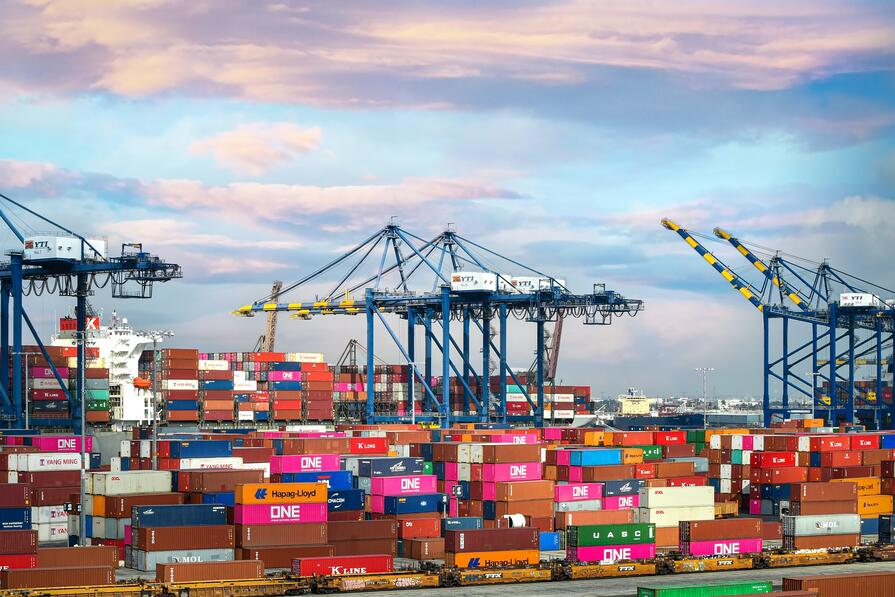Subscribe to our weekly newsletter to get it delivered straight to your inbox!
Business groups such as the U.S.-China Business Council argue that exports to China generate one million American jobs. Last August, the U.S. Chamber of Commerce worried that additional tariffs on Chinese imports and Chinese retaliatory tariffs would put 455,000 American jobs at risk and cost the average U.S. household $500 in higher costs. Some researchers conclude, however, that liberalized trade with China has cost 3.7 million jobs in the U.S. since 2001. All note that those losses have not been evenly distributed in terms of geography or industry. While U.S. manufacturing hit an all-time high in the value of its output in 2019, manufacturing employed just 7.9% of all workers, down from 8.3% in 2009. Automation has been key. For example, the Congressional Research Service notes that 83,000 workers in 2018 produced 14% more steel than 399,000 did in 1980.
(Click to expand)
Given that blue states had 63% of America's GDP in 2019 and 57% of the estimated 2020 population, we shouldn't be surprised that they exported more goods and services to China. Some red states, however, have found China to be an essential market. South Carolina, for example, was the fourth largest goods exporter in 2019, sending $5 billion worth of aerospace parts and motor vehicles to China.





